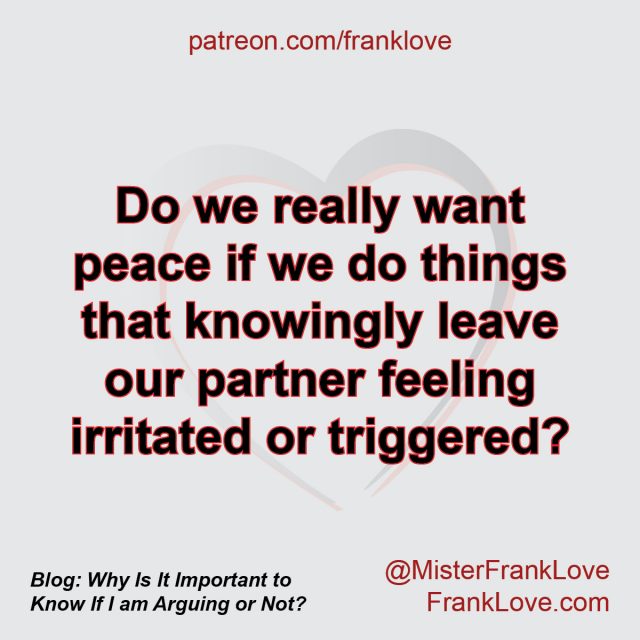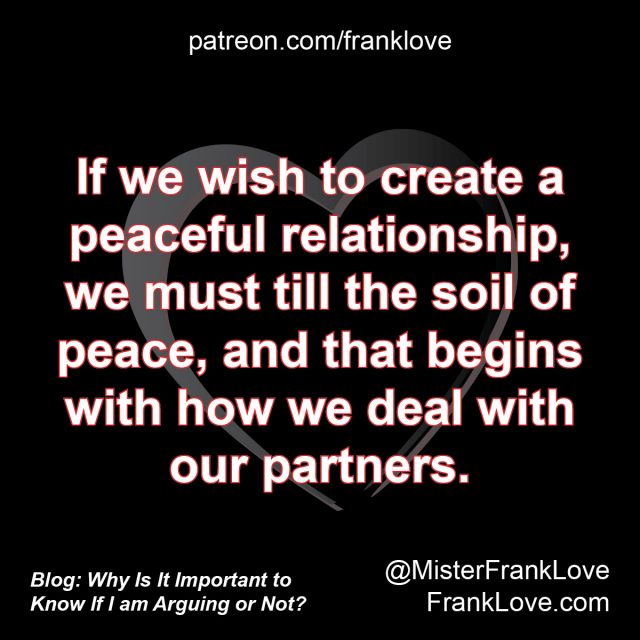 In my previous blog, “How We Listen is Communication Too,” I discussed the importance that each of us has the opportunity to hear our partners from a chosen disposition, if we choose to do so.
In my previous blog, “How We Listen is Communication Too,” I discussed the importance that each of us has the opportunity to hear our partners from a chosen disposition, if we choose to do so.
After presenting the information shared in the blog, “Discussing vs Arguing – What’s the Difference?,” during the weekly Black Women: Creating a Loving Culture In Our Relationships support group Zoom call, I was reminded that yelling and boisterous conversation are a part of the culture of different groups of people. I certainly agree, and these nuances within culture(s) are to be respected.
The blog we discussed was not created to dissuade readers from arguing, although that might be a worthwhile effort. It was not condemning, yelling, or boisterous interactions. It was also not condemning people who argue. What it was meant to do was shine light on what arguments look like. That way both parties are at least aware of the characteristics of the interaction and can presumably stop and recalibrate, if the intention is to create a loving culture in your relationship.
Know the Difference Between Discussing and Arguing
I have witnessed a relationship where one of the parties said to their partner, “I’m not interested in arguing with you.” The partner’s response was yelling, “We’re not arguing.” Without concerning myself with who was right or wrong, I was simply marveled by a conversation where the parties were arguing about whether they were arguing.
That dynamic was the inspiration for this blog. There are times when we are so far in “it” that we aren’t aware that we are participating. That can be a good and a not-so-good thing. For example, when the music is playing and we want to act as though we cannot be affected or moved, but subsequently find ourselves tapping our feet and smiling, that is a good thing. But if it is our intention to create a loving culture in our relationships and we find ourselves arguing, yelling, and even physically fighting—and when asked “Are you fighting?” the answer is “No.”—that can be a bad thing.
Arguing Is Not an Act of Love
Creating a Loving Culture in Our Relationships, the goal of this Zoom group, is an act of love. If we are sincere in our effort and intention to create this loving culture, then it is a requirement that we identify the unloving behaviors that we bring to our relationships. Arguing and being argumentative are unloving behaviors.
If we are in a relationship where arguing regularly or often ensues, we may want to re-read and share “Discussing vs Arguing – What’s the Difference?”. It provides characteristics to look for and potentially ameliorate in ourselves when we are negotiating issues with our partners.
Upon becoming clear about whether we are arguing or discussing an issue, we can determine if we want to change the dynamic if it isn’t working for us. Then we can look for the outlined characteristics and solution.
Peace Begins With Awareness
Many of us want or say that we want peace, but instead cultivate a battle-prone environment. We say that we want peace while doing things that knowingly leave our partner feeling irritated or triggered. We speak of peace as though it is our default disposition and we often see our quarrels with the people around us as somehow their fault.
If we wish to create a peaceful relationship, we must till the soil of peace, and that begins with how we deal with our partners. We get to deal with our partners peacefully. This is the beginning of empowering them to deal with us peacefully.
Arguing is the opposite of peace. It is a way of fighting and a form of war. War is about winning and domination, which cannot be the foundation of a peaceful environment.
It is important to know if we are arguing or discussing because the awareness of arguing is an awareness of war, an unsuitable foundation for a peaceful relationship.
Avoiding Arguing Starts with Identifying It

Moving forward, let’s be clear about what an argument looks like (juxtaposed with a discussion). Then let’s understand that within the process of arguing with our partners we are literally at war with them. Is that the culture that will sustain children successfully? Is that the culture that will sustain a successful long-term relationship? It certainly is not what I wish to cultivate in my household and marriage.
Keep Rising,
Frank Love
In my next blog post, “Lemuel Kenley: Honoring a Mentor and Friend,” I consider the importance to honor the people that make and have made a difference in our lives. In this blog, I honor Mr. Lemual Kenley.
Watch Frank Love’s presentation “The Act of Caring.”
Subscribe to receive Frank’s weekly blog.
Become a sponsor of Frank Love and his work creating loving cultures in our relationships with a monthly contribution of as little as $2. Sign up today at Patreon.com/FrankLove.
–—–—–—–—–—–—–—–—–—–—–—–—–—–—–—–—––
Each week, Frank Love hosts Zoom support group meetings that assist women and men as we work to create a loving culture in
our relationships. Calls occur from 7 p.m. to 8:30 p.m. EST and can be accessed by visiting FrankWeeklyCall.com.
- Tuesdays—Black Women: Creating a Loving Culture in Our Relationships
- Thursdays—Black Men: Creating a Loving Culture in Our Relationships
–—–—–—–—–—–—–—–—–—–—–—–—–—–—–—–—– –
Frank Love coaches individuals toward creating a loving culture in their family. He is also the author of Relationship Conversations You Don’t Want to Have (But Should Anyway) and 25 Ways to Be Loving. To schedule a free consultation, contact Frank at Frank@FrankLove.com.
Questions to Embed
Creating a Loving Culture in my relationship, Relationships support group, Cultural nuances, Yelling conversation in relationships, Boisterous conversation in relationships, Respecting cultural differences, Discussing vs Arguing, What’s the difference between argiung and discussing, Is there a difference between and argument and a discussion, Arguing characteristics, Awareness in communication, Intention in relationships, Unloving behaviors, Negotiating issues, How do I create a peaceful home environment, How do I create a peaceful family environment, Triggered feelings Warring partners, Default disposition, Partner interactions, Empowering relationships, Foundations of peace War in relationships Winning and domination, Peaceful relationship, Relationship awareness, Avoiding arguing, Fighting our spouses, Battling our spouses, Fighting our wives, Identifying arguments, Fighting our partners Battling our partners, Unsuitable foundation in relationships, A relationshoip foundation that can help produce, Successful children Long-term relationship, Household culture of peace, Household culture of understanding, Familial culture of peace, Familial culture of understanding Marriage cultivation, Emotional intelligence Conflict resolution, Relationship building Love and respect Effective communication, Intentional partnership, Emotional well-being, Relationship harmony, Relationship dynamics, Healthy discussions, Interpersonal growth, Positive communication Loving partnerships, Mindful interactions, Relationship awareness, Cultural sensitivity, Emotional awareness, Peaceful coexistence, Relationship education, Relationship harmony, Emotional connection, Mindful communication, Emotional maturity, Conflict transformation, Empathetic communication

